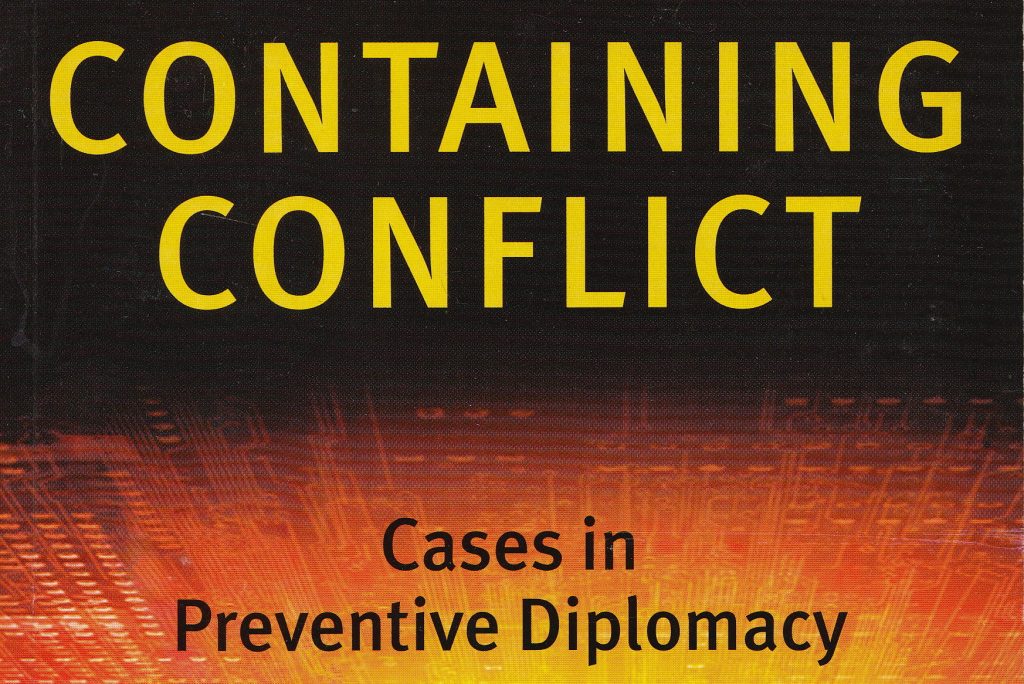NEW APPROACHES TO PREVENTIVE DIPLOMACY
1999–2003
In the wake of the Cold War, the international community has faced a sudden increase in regional conflicts. While the likelihood of large-scale wars between major powers has significantly decreased, smaller-scale regional and ethnic conflicts of the type seen in Somalia, Rwanda, Bosnia, and Kosovo have proliferated, presenting a new challenge to strategists and policymakers around the world. While international cooperative structures have progressed markedly in the post–cold war period, the need to strengthen peacekeeping mechanisms and to prevent and resolve conflicts is a major item on the international agenda.
Five Global ThinkNet Fellows undertook a study project on preventive diplomacy under the direction of Dr. Hideo Sato, senior advisor to the rector of United Nations University. In October 1999, these researchers began examining such topics as UN peacekeeping activities; the peace-building process in Croatia; the international commitment to solve refugee problems; reconceptualizing the concept of state-nation relationship in Asia; and a new approach to the democratization process in Belarus.
The study results were published in 2003 in an edited volume, Containing Conflict: Cases in Preventive Diplomacy.
This project is part of the Global ThinkNet Fellows initiative.
STUDY TEAM
Project Director
HIDEO SATO, Former Senior Advisor to the Rector, United Nations University
Participants
HIROKO AKIZUKI, Professor of International Law, Asia University
TOSHIYA HOSHINO, Associate Professor of International Security Studies, Osaka University
GEN KIKKAWA, Professor of International Law, Kobe University Graduate School of Law
NOBORU MIYAWAKI, Associate Professor of International Relations, Matsuyama University
MARIKO SHOJI, Professor, Faculty of International Studies, Keiai University

